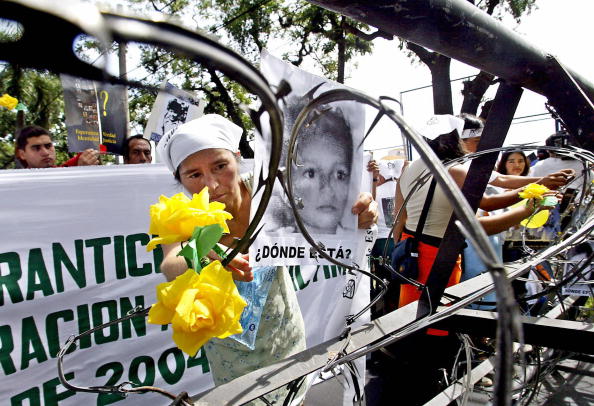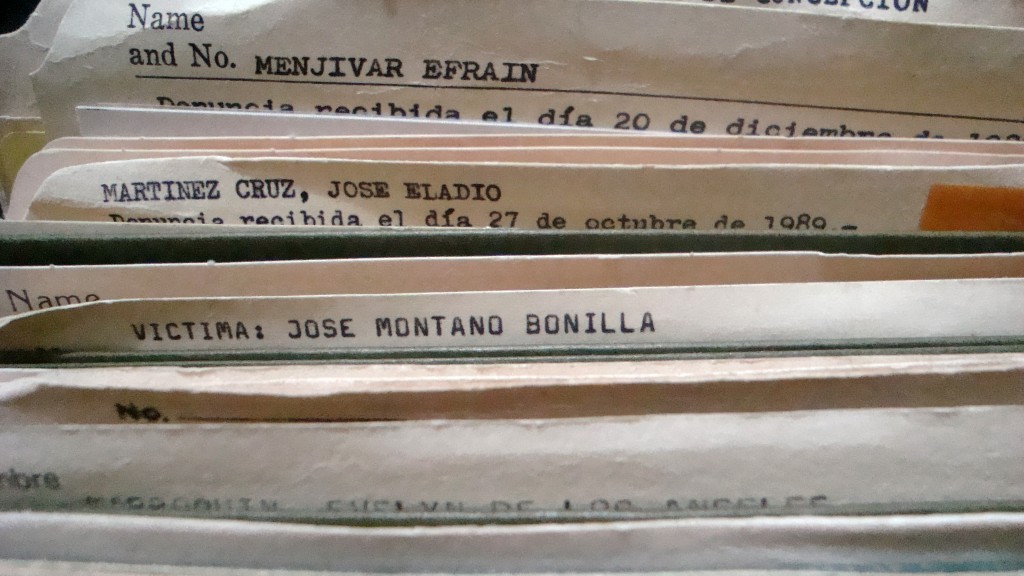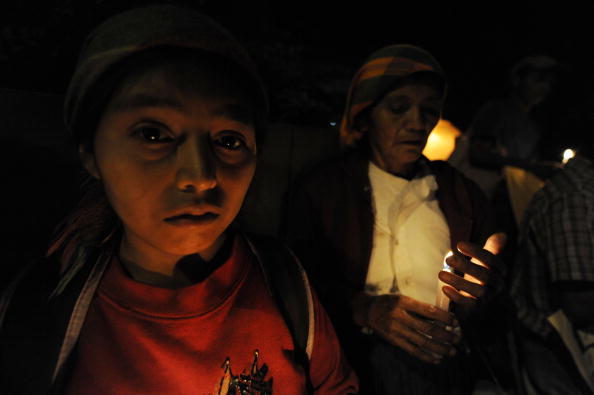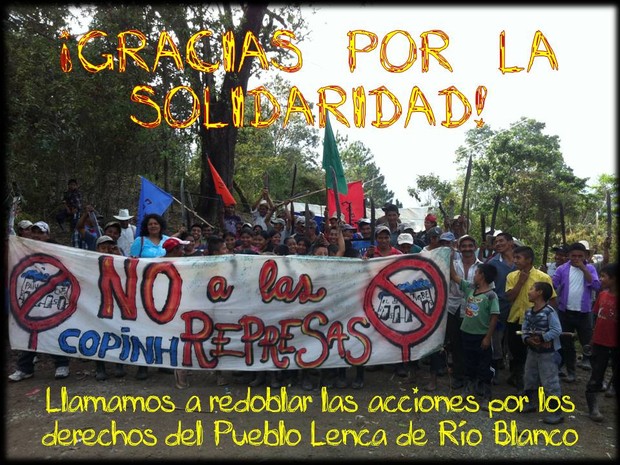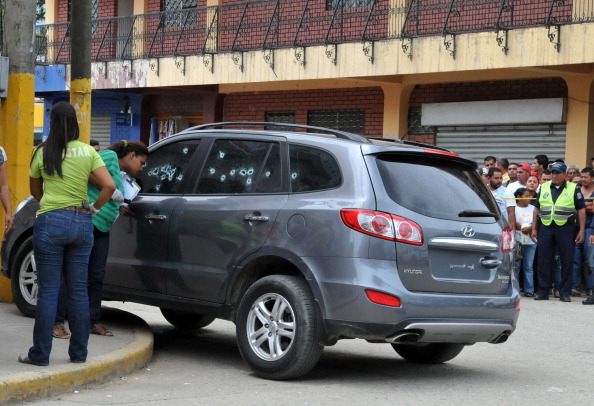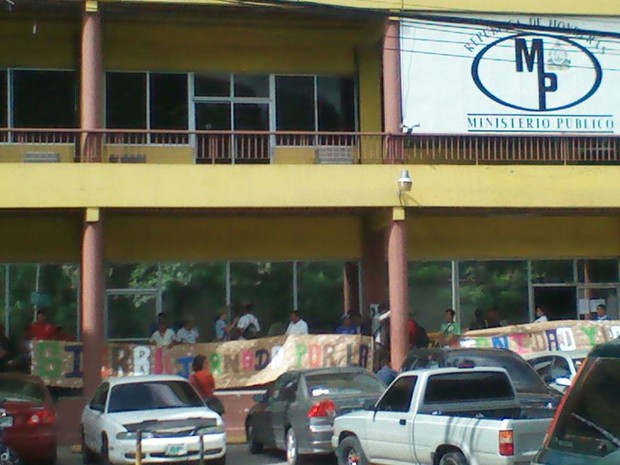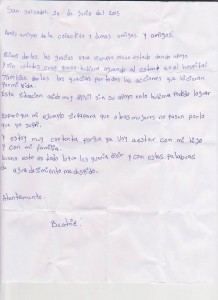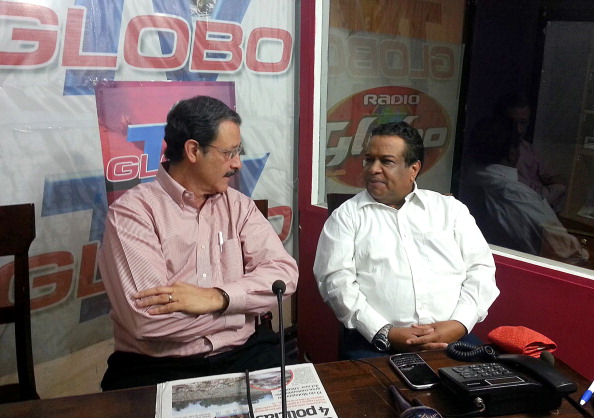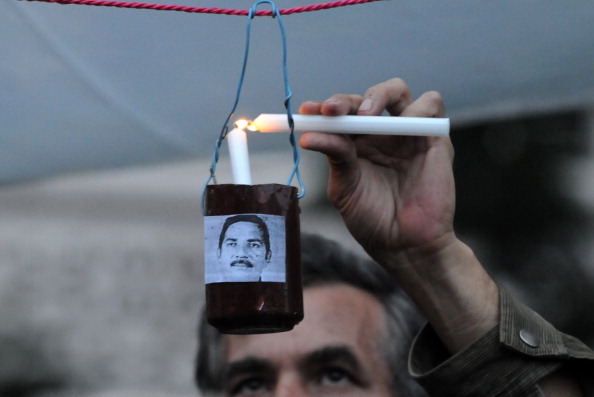
A man lights a candle during a vigil in memory of over 30 journalists killed in Honduras in the last three years (Photo Credit: Orlando Sierra/AFP/Getty Images).
“This killing is not just a crime against a an individual but also against the society as a whole. Every country should enjoy a free press in which journalists and media owners are allowed to exercise independence in collecting and reporting news without fearing for violent reprisals.”
– Irina Bokova, Director-General of the United Nations Educational, Scientific, and Cultural Organization (UNESCO)
Last month, I posted a blog entry asking if the November 25 elections in Honduras would be a victory for human rights. Unfortunately, my question was violently answered on December 7, when two unidentified gunmen murdered journalist Juan Carlos Argeñal. In addition to owning a local television station, Argeñal was a correspondent for Radio Globo and Globo TV.
